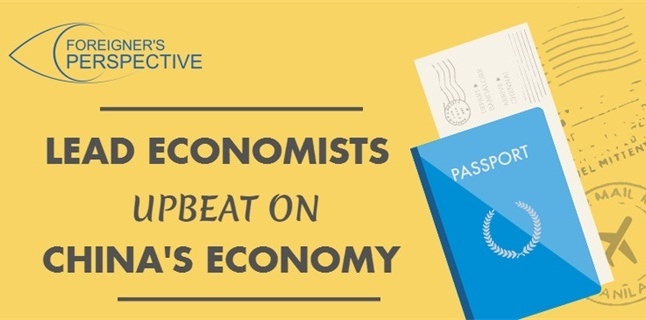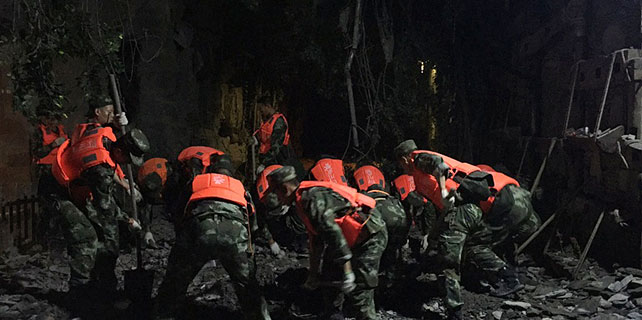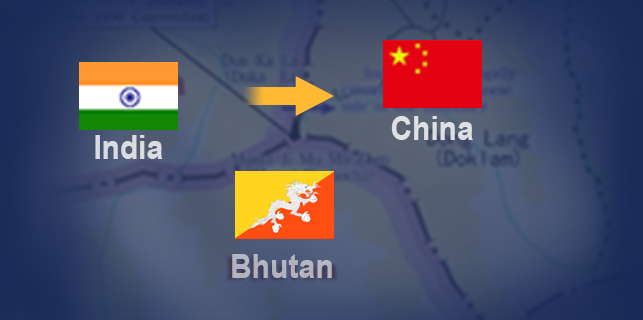To cool planet, researchers propose spraying particles into marine clouds
A group of researchers at the University of Washington is investigating the idea of marine cloud brightening as a strategy to offset global warming. As a short-term measure for a possible future emergency situation, the strategy involves spraying saltwater into clouds above oceans to boost their capacity to reflect sunlight.
In a paper published in the journal Earth's Future, two UW researchers, including lead author Rob Wood, a professor of atmospheric sciences, say small-scale tests of marine cloud brightening would also help answer scientific questions about clouds and aerosols' possible role to help cool the planet.
One of the biggest uncertainties in climate models is the clouds, which reflect sunlight in unpredictable ways. Water droplets can only condense on airborne particles, such as smoke, salt or human pollution. When the air contains more particles, the same amount of moisture can form smaller droplets, which creates whiter, brighter, more reflective clouds.
For several years, researchers there have been working with a group of engineers in the San Francisco Bay Area of Northern California, on the US West Coast, to develop a nozzle that turns saltwater into tiny particles that could be sprayed high into the marine cloud layer, according to a news release from UW, located in the US Pacific Northwest.
Now waiting for funding from government or private donors, the researchers propose to produce a sprayer that is able to eject trillions of aerosol particles per second, conduct initial laboratory tests of the sprayer, do preliminary outdoor tests in a fairly flat coastal area relatively free of air pollution and prone to marine clouds, and then move to small-scale offshore tests.
Nevertheless, geoengineering, also known as climate engineering, is controversial on ethical grounds.
Wood argues that "for climate, we're no longer in an era of 'do no harm'. We are altering the climate already. It's now a case of 'the lesser of two evils'."









